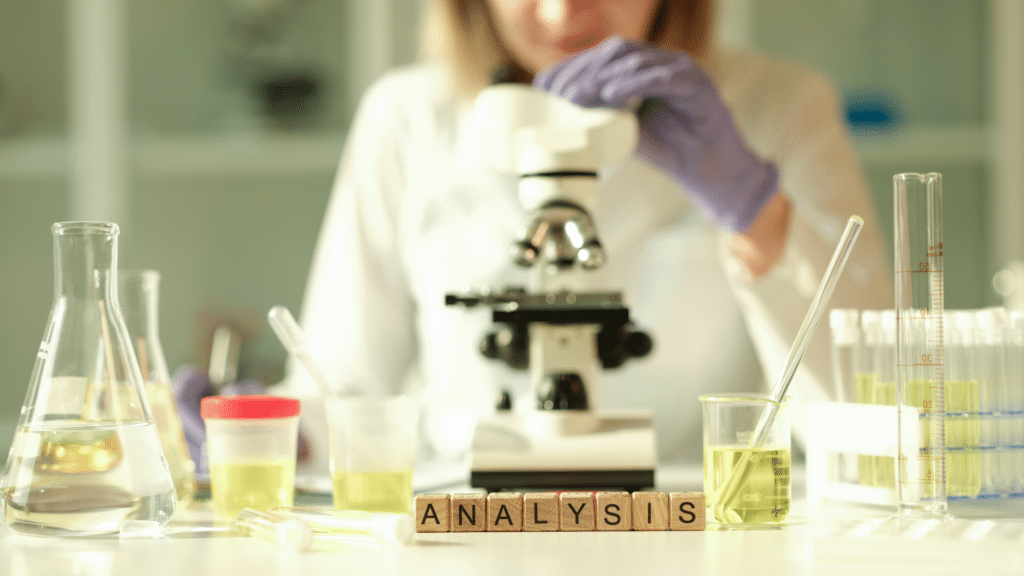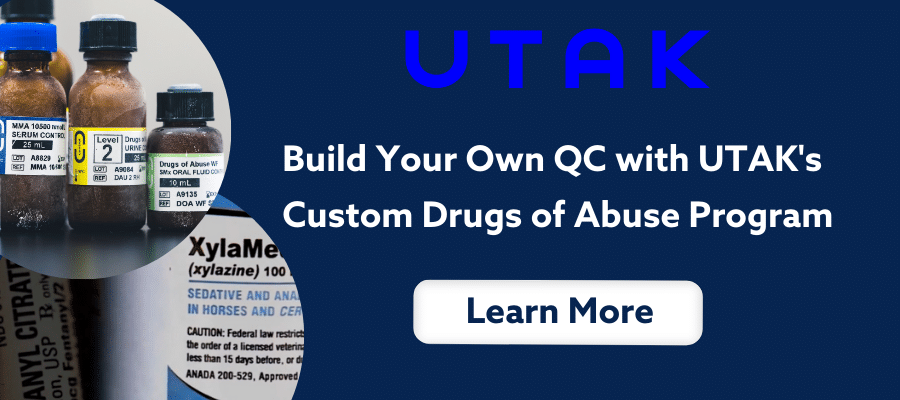
Toxicology is a field of study that focuses on investigating the effects of both natural and man-made poisons on the human body. In the realm of clinical pathology, toxicology testing refers to the examination of narcotics and other psychotropic substances, including prescription and non-prescription drugs, within the human body.
What Does Toxicology Testing Involve?
Toxicology testing serves the purpose of identifying the presence of alcohol, drugs, and toxic chemicals. Samples for testing include blood, urine, or saliva. Comprehensive toxicology panels analyze these samples and provide detailed information about the presence of various substances such as alcohol, amphetamines, anticonvulsants/antidepressants, barbiturates, benzodiazepines/muscle relaxants, nicotine/illicit drugs (such as cocaine), opiates/opioids, stimulants, synthetic substances, and more.
Types of Toxicology Tests
Toxicology tests generally fall into two categories: Presumptive Screening Tests and Definitive Confirmation Tests.
Presumptive Screening Tests: These tests are used when the specific substance being sought is uncertain. They are qualitative in nature and primarily aim to determine the presence or absence of narcotic or other substances in the sample.
While these tests do not measure the level of intensity of a substance, they can provide an initial indication of its presence. If a screening test yields a negative result, further testing is typically unnecessary. However, if one or more suspected substances are detected, definitive testing methods are employed to determine their levels accurately.
Definitive Confirmation Tests: These tests are often ordered by physicians or licensed healthcare professionals when there is suspicion that a person is under the influence of a particular substance.
They can also be conducted to gather additional information following positive results from presumptive tests. Definitive tests are quantitative in nature, providing precise measurements of the amount of a substance present in a specific sample.

Applications of Toxicology Testing
Toxicology testing is frequently required by employers for their employees, serving various purposes such as pre-employment screening, routine drug testing, and post-incident/work-related accident investigations.
Employers have a responsibility to maintain a safe and healthy work environment, and toxicology testing helps them understand the capabilities and limitations of their workers. By assessing worker susceptibility to chemical hazards, identifying safety procedure deficiencies, and ensuring compliance with regulations, companies can enhance workplace safety.
Professional athletes undergo toxicology testing to detect the use of performance-enhancing drugs, ensuring fair competition and maintaining the integrity of sports.
Law enforcement may also order tox screen reports for a range of reasons.
Medical care providers require toxicology reports when dealing with cases of accidental or unintentional overdose/poisoning, aiding in the appropriate treatment and care of patients.
In Conclusion
Toxicology labs play an integral role in our communities. They help improve and protect life everyday, and their application ranges from general public safety to saving lives. If you didn’t know, UTAK was founded by a Toxicologist to make toxicologists lives easier by providing trusted 3rd party Quality Controls so labs can focus more on their core capabilities. Click here to browse our Quality Control products.
